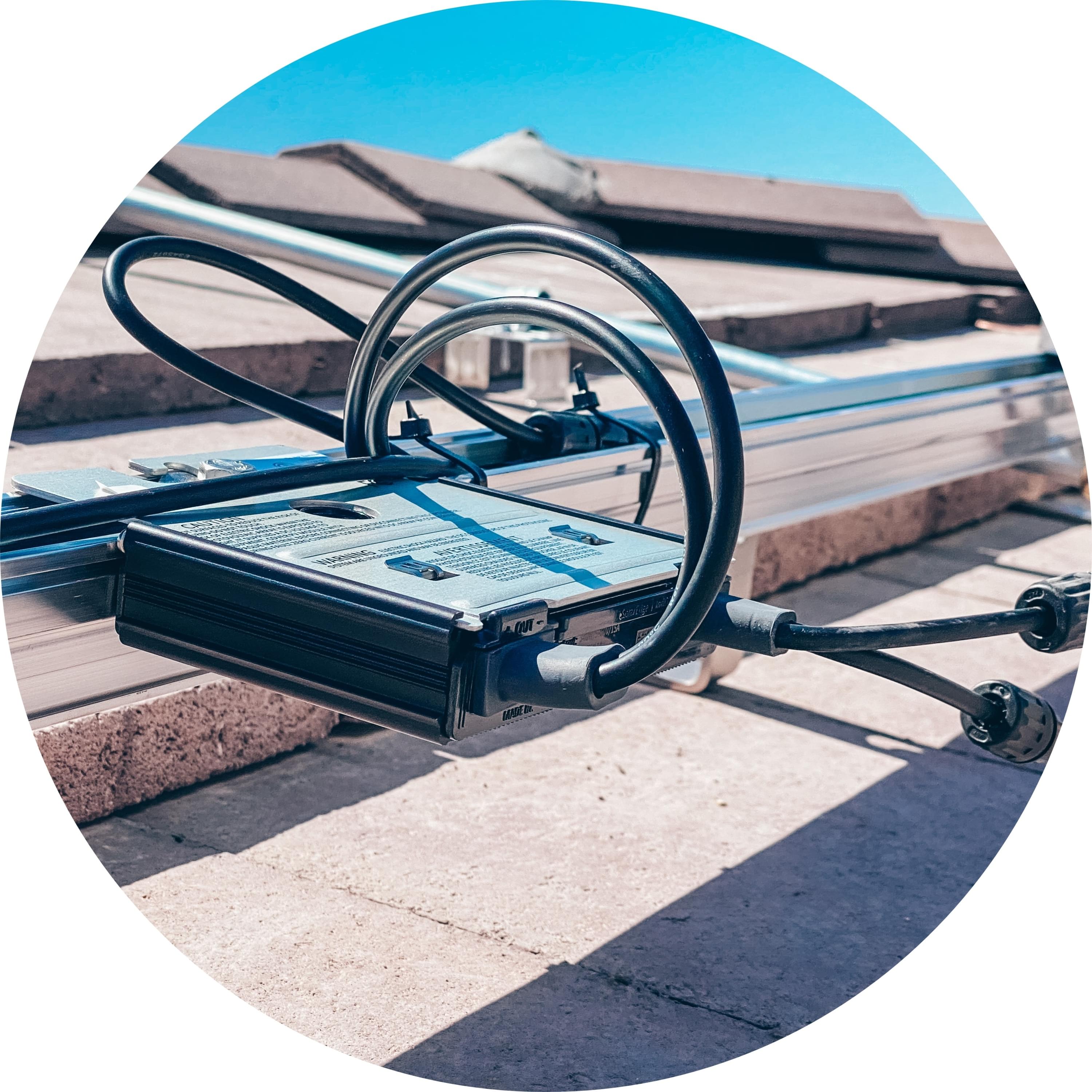Site Assessment
A technician will visit you in your home to confirm your system design, verify measurements, and adjust for shade and obstructions on your roof.
Timing: 1-2 weeks
Design Approval
Following site evaluation, our solar design experts will make any necessary adjustments to your original home solar system design. If there are any major changes you will be notified for approval.
Timing: 1-3 weeks
Permitting
Once your final design blueprints are done, we’ll submit your design to the city for permitting. The timing now depends on how quickly local government works and can take up to eight weeks.
Timing: 2-8 weeks
Solar Installation
After your permit is granted, we’ll get to work placing new panels on your roof! One of our local certified partners will be performing your solar installation. We only partner with the very best installers in your area, so you can rest assured knowing you’ll have the highest quality solar installation available.
Timing: 1-3 days
City/County Inspections
When construction is finished, the city or county will do a final inspection before your system can be connected to the grid.
Timing: 1-4 weeks
Utility Interconnection
We’ll submit your documents to the utility company and they’ll install a net meter allowing you to track how much solar electricity you produce and use. Timing: 3-6 weeks
Power Up and Start Saving
When the utility company grants Permission to Operate, that means you’re free to flip the switch and start generating clean, affordable, money-saving energy right from your roof. Congratulations, you are now running on the sun and saving money!







